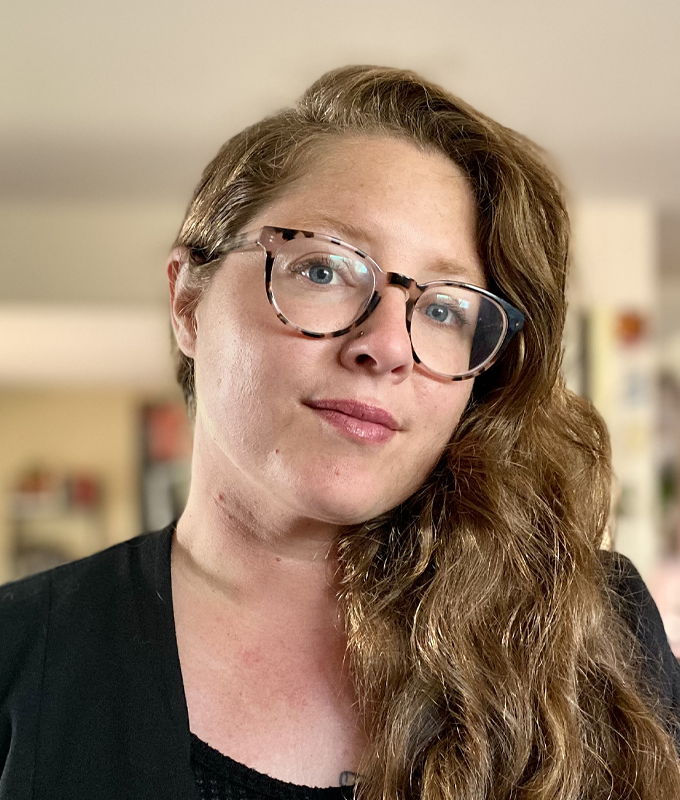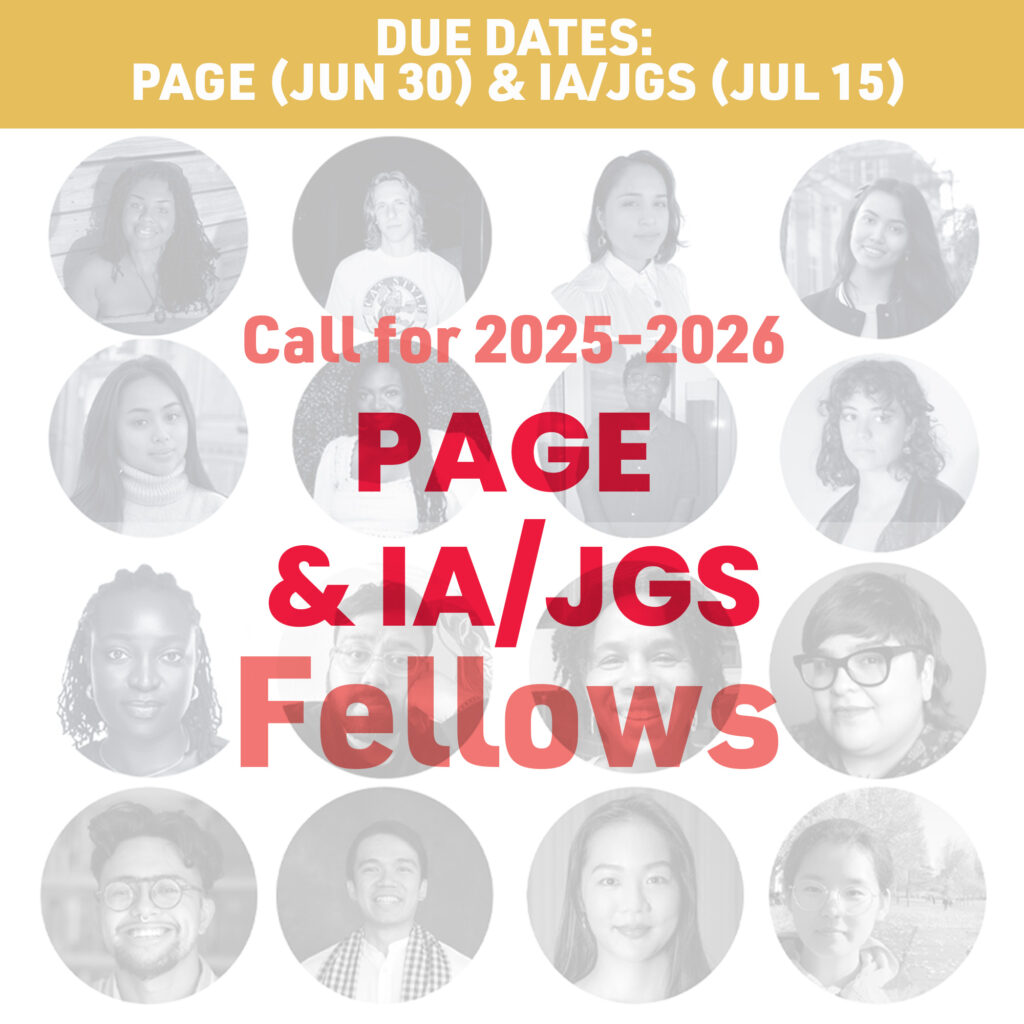Staff

Stephanie Maroney
Managing Director
Stephanie Maroney is the Managing Director of Imagining America (IA). She has been active in the IA community since co-organizing the 2017 Gathering and supporting the transition of IA to our current home at UC Davis.
Stephanie has years of experience in arts and humanities administration, interdisciplinary learning environments, and experimental modes of collaboration. Before joining IA, Stephanie managed a Mellon-funded Public Scholars Program at the UC Davis Humanities Institute focused on preparing and supporting graduate scholars in the arts, humanities, and humanistic social sciences to carry out community-engaged, mutually-beneficial summer projects with their community partners.
Stephanie has taught courses in public humanities scholarship, theories and methods in community-based research, role-playing games and society, arts and cultures of fungi, radical storywork and Inuit food security, technology and society, and critical nutrition studies. As a feminist food studies and science & technology studies scholar, her research analyses how the science of the human microbiome shapes how we engage with our multi-species bodies and the bodies of others: like this article on Sandor Katz’s queer fermentive praxis, this article on why fecal microbiota transplants reenact colonialist extraction practices, and this article on how dietary advice for the microbiome reaffirms individualistic, healthist ideologies. She received her Ph.D. in Cultural Studies with a Designated Emphasis in Feminist Theory and Research at the University of California, Davis; an M.A. in Literature and a B.A. in English and Women’s Studies from Arizona State University.
Stephanie is currently engaged in experimental collaborations with artists, scientists, activists, and various community partners through The Hyphae Collective (an interdisciplinary group exploring radical futures with fungi) and through Radical and Relational Approaches to Fermentation and Food Sovereignty (an anti-colonial research co-lab working with fermented food science and Indigenous desire-based methodologies in the context of South Greenland).


